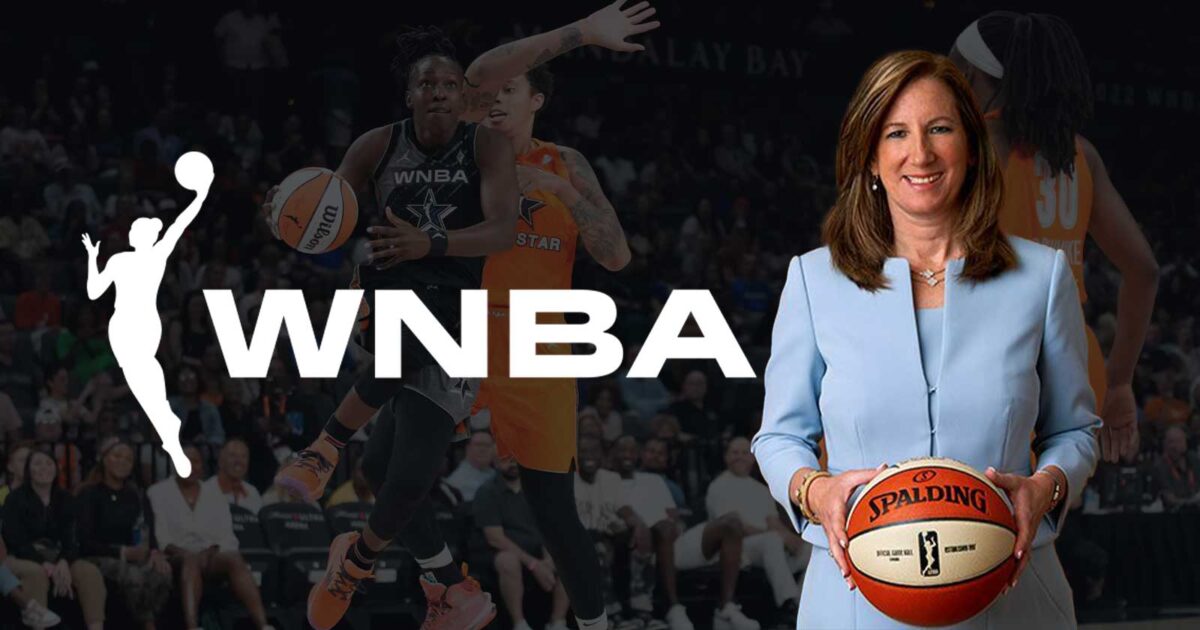
WNBA players and their union have voiced strong criticism against Commissioner Cathy Engelbert. Their concern stems from Engelbert’s recent comments on CNBC’s “Power Lunch,” where she did not address the racism and hostile criticism directed at players Caitlin Clark and Angel Reese.
On Monday, anchor Tyler Mathisen asked Engelbert about the troubling trend of fan behavior on social media, which sometimes involves racial and sexual biases. He questioned how the league should respond when such negativity affects two prominent players, even if it’s their fan bases driving the vitriol.
Engelbert’s response drew criticism. She compared the situation to the iconic Bird-Magic rivalry of 1979, suggesting that sports thrive on rivalries and controversy. “There’s no more apathy,” Engelbert said, emphasizing the need for compelling matchups to keep audiences engaged.
However, WNBPA Executive Director Terri Jackson disagreed sharply. In a statement, she asserted that Engelbert missed the mark. Jackson said, “The Commissioner should have clearly condemned the racism, misogyny, and harassment that our players are experiencing.” “There is no place for hate, racist language, or misogynistic attacks in sports or anywhere else.”
Jackson emphasized that fans should support the game rather than targeting the athletes who make it exciting.
Late Tuesday, Engelbert took to social media to clarify her position, stating, “To be clear, hate and racism have no place in the WNBA or anywhere else.”
Clark and Reese have significantly boosted WNBA’s visibility this season, with increased attendance and ratings. Their rivalry dates back to their college days when LSU defeated Iowa in the 2023 national championship.
Union Vice President Breanna Stewart also expressed disappointment. “I watched the interview and discussed it with Terri at the WNBPA,” Stewart said after a game against the Dallas Wings. “It’s disappointing that the Commissioner didn’t use her platform to address the racial aspect more directly. Our sport should be inclusive and supportive of all players, regardless of race or gender. We need to stand up against hate and promote a positive environment.”
This controversy highlights the ongoing challenge of addressing racism and negativity in sports, while striving to foster an inclusive and respectful atmosphere for athletes and fans alike.


